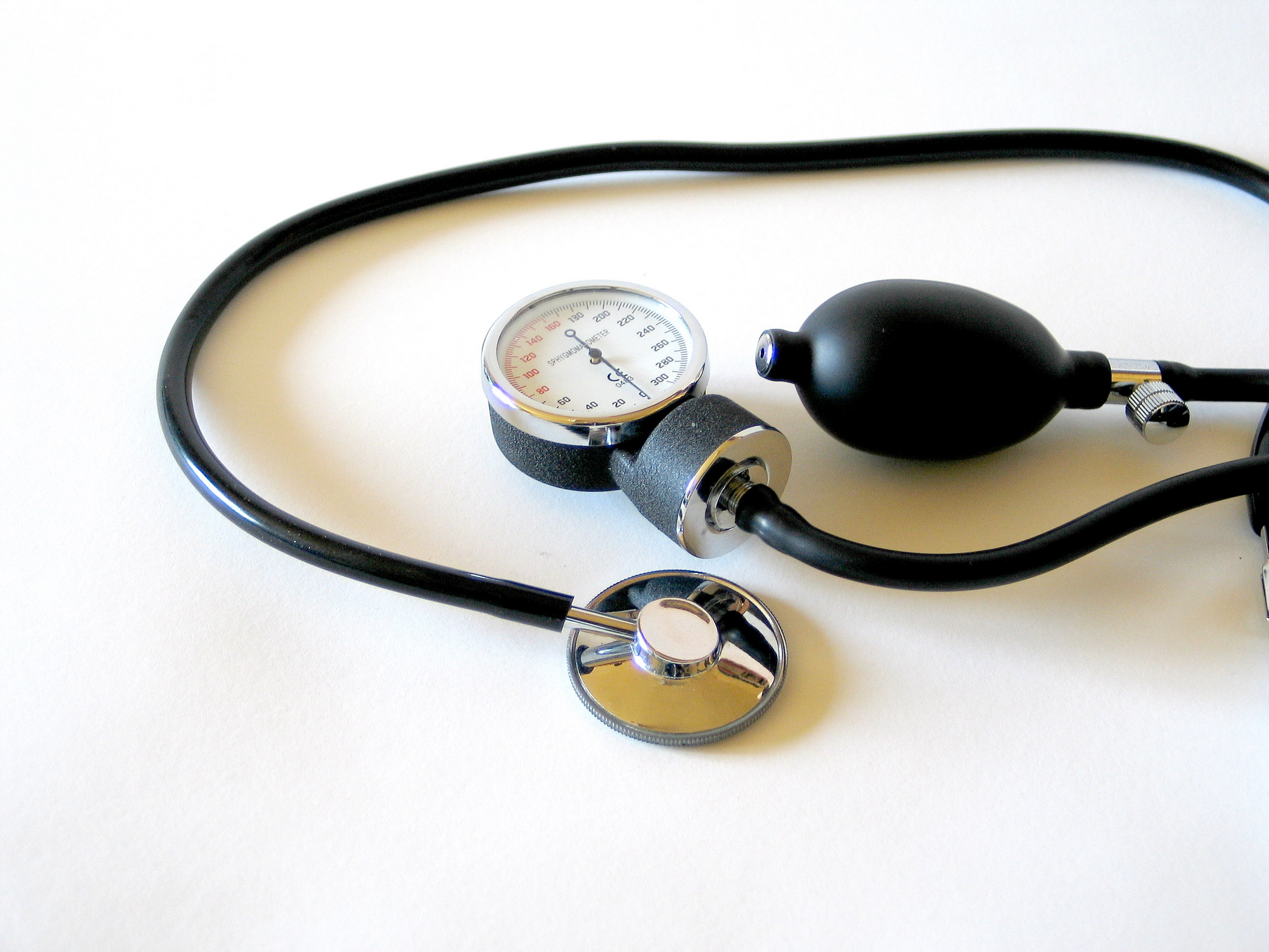WEDNESDAY, Feb. 4, 2015 (HealthDay News) — There is a growing disparity in the physical and mental health of rich and poor children and teens in the United States and other wealthy countries, a new study reveals.
Researchers examined data gathered from nearly half a million youngsters, aged 11 to 15, in 34 countries in North America and Europe between 2002 and 2010.
The analysis showed that poorer kids living in countries with greater income inequality were more likely to be in worse health, get less exercise, have more body fat, have lower life satisfaction, and report more physical and mental health symptoms, such as irritability and headache.
The study was published Feb. 3 in The Lancet.
“A strong international focus on reducing child poverty and [death] in children under 5 years has not been matched by a similar response in older age groups, resulting in widening socioeconomic inequalities in adolescent health,” lead author Frank Elgar, a psychiatry professor at McGill University in Canada, said in a journal news release.
“If health inequalities are now widening in such abundantly rich countries, particularly during the so-called ‘healthy years’ of adolescence, then these trends are especially alarming for future population health,” he added.
“The many health and social problems that relate to income inequality and the current global trends in rising income inequality all lead to a grim prediction about future population health. Urgent action is needed to tackle inequities in health in adolescence,” Elgar concluded.
In an accompanying commentary in the journal, John Santelli, Wendy Baldwin and Jennifer Heitel from Columbia University Mailman School of Public Health in New York City, wrote that the findings “remind us of the importance of social context. To improve health and reduce health disparities across the lifespan, a focus should be on social factors that affect the health and well-being of young people.”
More information
The U.S. National Library of Medicine has more on teen health.
Copyright © 2024 HealthDay. All rights reserved.

